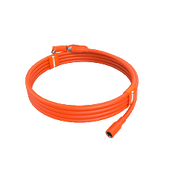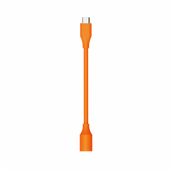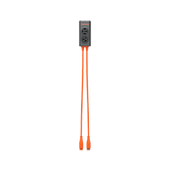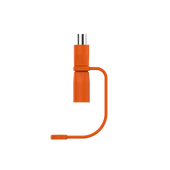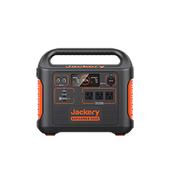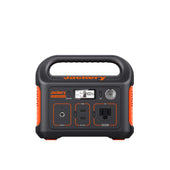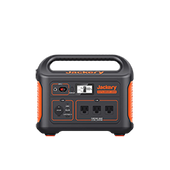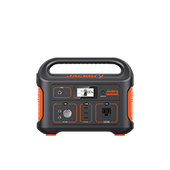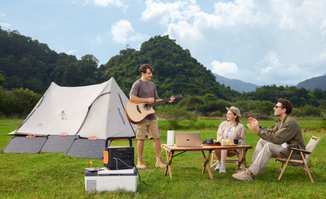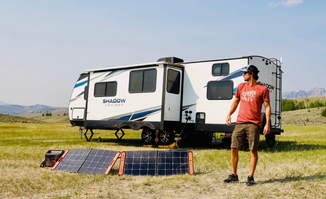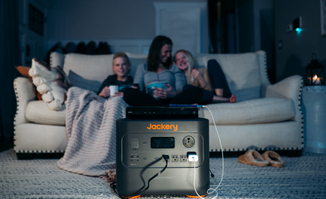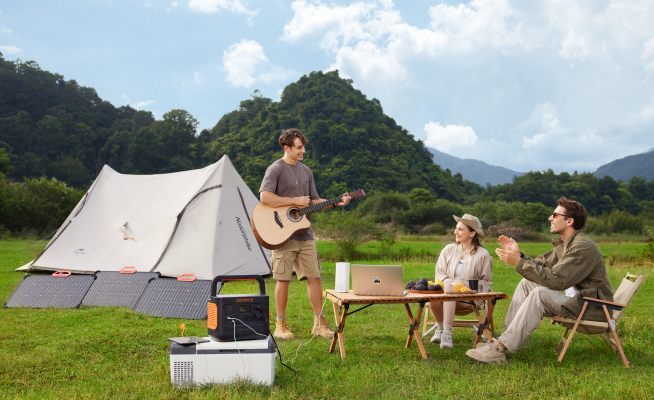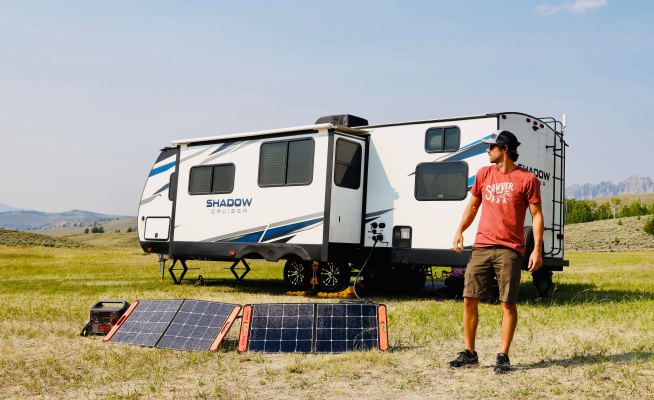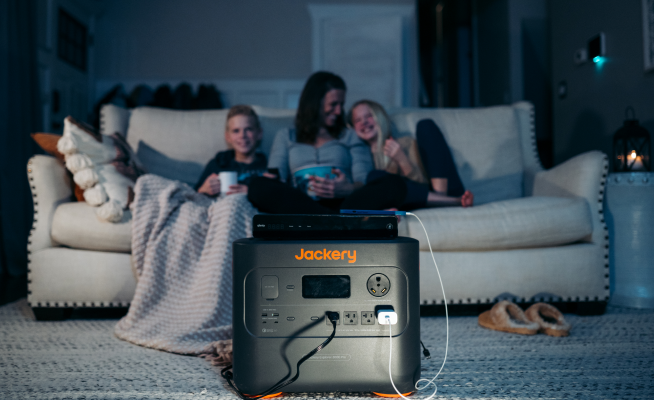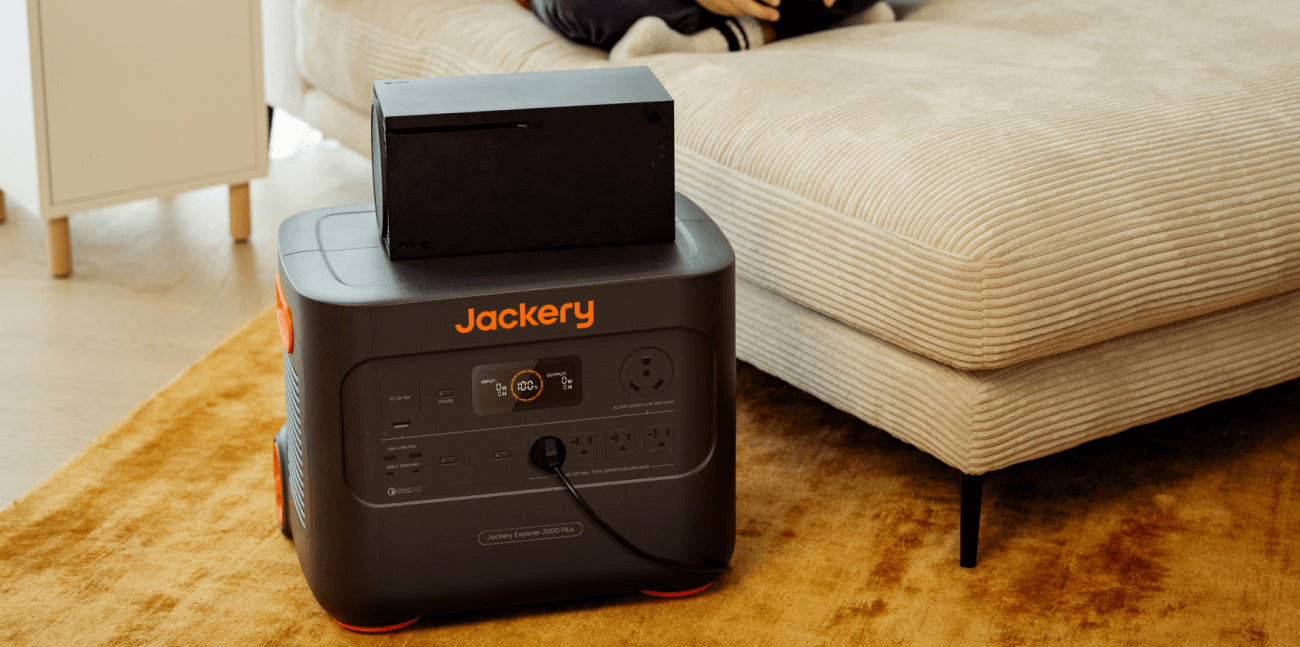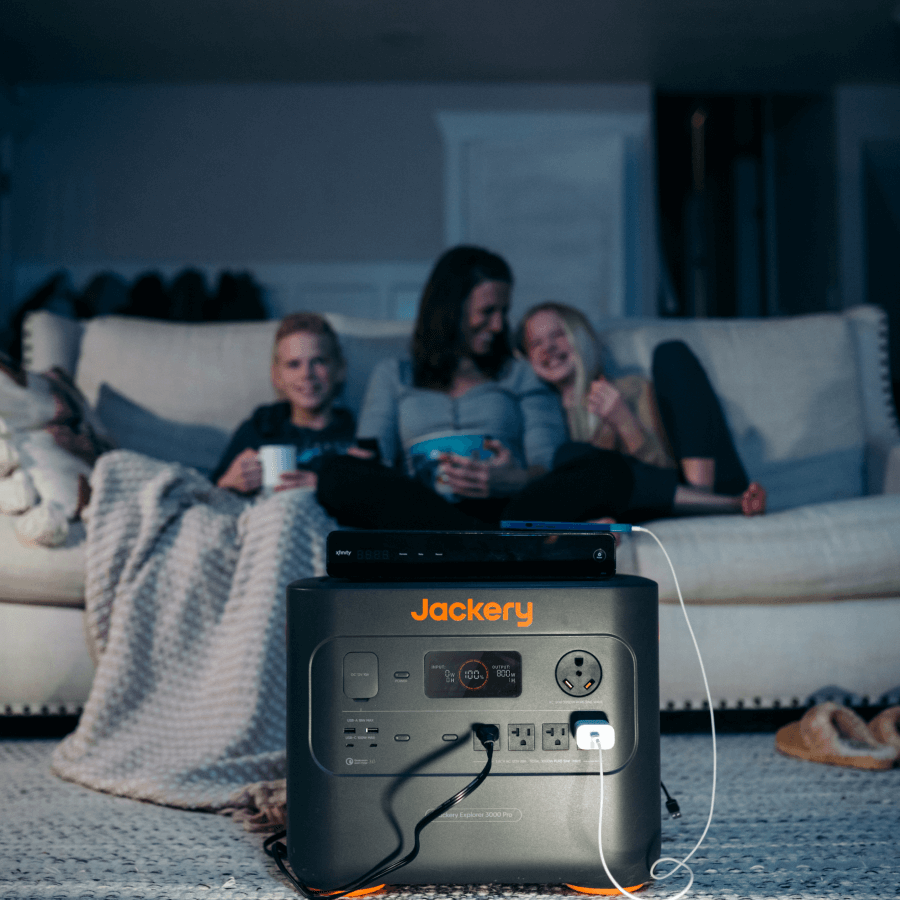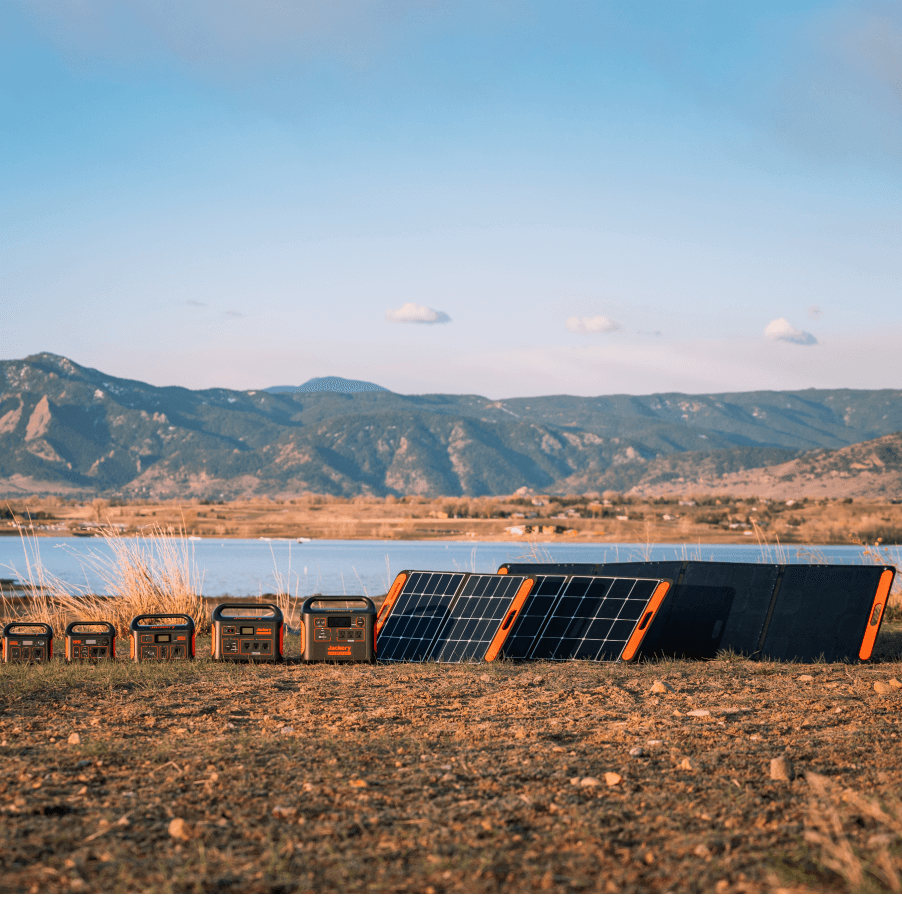Storms. Equipment failures. Aging grid conditions. There are different possible reasons behind an unexpected power outage on normal days. In such cases, having a backup power station connected to a solar charger will ensure you can keep your electronic devices running. They can also provide an extra layer of safety and comfort during bad weather, prevent food spoilage, and even help you keep your home workspace running.
But to find the right electric generator for home, you need to first understand the intricacies involved. For example, you need to have a better understanding of the power wattage requirements for your home. What wattage generator should you buy to meet your home needs? And would a 2000-watt generator be a good place to start? Let's find out!
What Is Wattage?
Before we can begin discussing the right wattage for an electric generator for home, let's discuss what wattage exactly is and why it matters.
1. What Does Wattage Mean for Electrical Power?
Wattage, in very simple terms, is a unit of measurement used to describe power output. It is the product of voltage and amps and provides you with the rate at which power is supplied.
The voltage is used to describe the "pressure" that drives the electric current between two points in a circuit. On the other hand, the amperes measure how much electric charge flows in the electric circuit. The final wattage or power output is the product of both these measurements and will tell you the rate at which electrical work occurs.
For example, if your device operates at 200 volts and draws a 3-amp current, its wattage consumption would be 600 watts.
W = 200V x 3A = 600 W
The wattage will give you a very simple understanding of how much power any electrical system produces when running at full speed. So long as you have the upper limits, you can connect any power device within that wattage range.
Similarly, wattage for a household appliance means how much power it will consume in watts when operating. For example, a 60-watt light bulb theoretically requires 60 Watts of running electricity. In the same way, a refrigerator can use anywhere from 100 watts to 300 watts, whereas an air conditioner can consume anywhere between 3,000 and 3,500 watts.
Before you invest in an electric generator for home, you need to become familiar with what it can and cannot power. Electric generators are not designed to power everything at once, so you must ensure your selected model has sufficient wattage to support your particular home appliances.
2. Wattage Information in A Solar Generator
When you talk about a solar electric generator for home and its wattage, you have to consider the solar panel wattage and the inverter wattage. Here are some of the key concepts you must be aware of:
- Solar Panel Wattage
Solar panel wattage is the standard unit used to identify the power output a solar panel can produce in a given time. The rated solar panel wattage indicates the maximum power output a solar panel can generate, and the actual solar panel wattage is usually less, as the ambient condition may not be as ideal as in the laboratory condition. Additionally, most standard solar panel ratings vary between 250 to 400 watts.
This feature is essential to help you understand how much power you will be generating and, therefore, how much power you will have for use at home. The wattage will also give you some direction on the ideal solar panel for your home. This is because lower-wattage solar panels are usually smaller and therefore more portable. But if you need a higher-voltage solar panel that can support all your home essentials, you will have to invest in a larger product.
- Inverter Wattage (Rated and Surge Wattage)
Your solar panel is the element that will convert the sunlight to direct current, but you need to attach a power inverter to convert it to usable alternating current. The wattage of the electric inverter indicates how much power it can deliver to the load side.
To have the right one, you need to be familiar with rated wattage and the surge wattage. The rated wattage is simply the nominal power rating of the inverter. It is the amount of output it can deliver stably when put into operation. On the other hand, the peak wattage, or the surge wattage, is the maximum power the inverter can provide in a short period, usually a few seconds.
The surge wattage is essential because this is the extra wattage the electric generator for home must provide momentarily to switch on large appliances such as refrigerators and electric motors. This power is only required for a few seconds, after which the appliance will continue to run at the rated wattage.
What Can A 2000-Watt Electric Generator for Home Power?
One of the most common questions regarding generators is how many devices you can power with one. This will depend on the capacity of your electric generator for home, but a good rule of thumb is to first start with a 2000-watt generator.
A 2000-watt generator can sufficiently supply power to various small appliances. This includes LED bulbs, electric kettles, ceiling fans, blenders, rice cookers, coffee makers, TVs, mini-fridges, clothing irons, electric blankets, microwaves, and much more. Ideally, you can run any device with a surge rating within the 2000 W output of the electric generator.
Here is a rundown of the wattage of each home appliance that you might typically connect to your electric generator for home.
- LED bulbs: 10 Watts
- Electric kettles: 1200 Watts
- Ceiling fans: 75 Watts
- Blenders: 750 Watts
- Rice cookers: 800 Watts
- Coffee makers: 1200 Watts
- TVs: 200 Watts
- Mini fridges: 90 Watts
- Clothing irons: 1500 Watts
- Electric blankets: 200 Watts
- Microwaves: 1000 Watts
The number of devices you can power at once also depends on the charging ports your electric generator for home has. Here, let's take a look at some Jackery 2000-watt electric generators for your information!
1. Jackery Solar Generator 1000 Plus

The Jackery Solar Generator 1000 Plus is a high-powered performance device capable of delivering up to 2000 W of rated wattage and 4000 W of surge wattage. This makes it ideal for running nearly all your home essentials, including larger devices. The best part is that you can even expand the capacity from 1264 Wh to 5 kWh by adding on 3 battery packs (if you would like to power your devices in a longer run).
Some of the most common devices you can power through the Jackery Solar Generator 1000 Plus include coffee makers, mini-fridges, projectors, electric cookers, portable air conditioners, televisions, microwave ovens, and even drones. The wattage for each may vary depending on the model you purchase. You can essentially power any device that does not exceed wattage requirements of 2,000 W.
Furthermore, this generator has 3 AC outputs, 2 USB-A outputs, and 2 USB-C outputs. If you like to recharge it, you can try a full solar charge in 4.5 hours with 4 Jackery SolarSaga 100W solar panels, wall charging in 1.7 hours, or car charging in 7 hours.
2. Jackery Solar Generator 2000 v2

The Jackery Solar Generator 2000 v2 is our new 2000-watt electric generator for home. With a 2042 Wh battery capacity, it delivers 2200 W of rated wattage and 4400 W of surge wattage, enough to power nearly all your home appliances through its 3 AC outlets, 2 USB-C outlets, and 1 USB-A outlet.
It can power kettles, mobile phones, laptops, LED lights, and other high-capacity appliances such as lawnmowers, microwaves, and refrigerators. For instance, you may run a 2200 W lawn mower for 2.5 hours or an 1120 W coffee maker for 1.8 hours.
In terms of charging methods, you can use 6 Jackery SolarSaga 100W solar panels to fully charge it in 6 hours or charge it through a wall outlet or a carport in 1.75 hours or 24 hours.
Do You Need A Bigger Generator?
There is always a chance that a 2000-watt electric generator for home might not be enough for your needs. Here is how you can figure out whether you need a bigger electric generator for your home.
1. What Can I Run with A 3000-Watt Electric Generator for Home?
You may be considering a 3000 W electric generator.
A 3000-watt electric generator for home is an incredibly reliable backup power supply that can run just about all your home essentials that a 2000-watt generator might not support. Take our 3000-watt solar generator, the Jackery Solar Generator 3000 Pro, as an example.

This house backup generator comes with a capacity of 3024 Wh and can supply a maximum power output of 3000 W. Specifically, you can expect this solar generator to deliver a 3,000-watt output when the battery capacity is above 60%, a 2000 W output when it is between 30% and 60%, and an 800 W output when it is below 30%.
Typically, the Jackery Solar Generator 3000 Pro can support:
- An 1800 W heater for 1.3 hours
- A 1080 W coffee machine for 2.2 hours
- A 960 W microwave for 2.5 hours
- An 850 W electric grill for 3 hours
- A 520 W refrigerator for 5 hours
- A 60 W TV for 35 hours
- A 5 W light for 220 hours
2. What Can I Run with A 6000-Watt Electric Generator for Home?
If you need to power appliances with larger energy needs, a 6000-watt electric generator can make a better emergency generator for home.
Generally, it can power various appliances, including lighting, ACs, fans, and even heavy equipment such as your dishwashers and dryers. It is not just for home use. You can even use these generators in your RVs to power your central AC, food processor, oven, space heaters, and lighting. You can essentially use them as home hardware generators to power even larger devices, such as electric drills and weeders.
The Jackery Solar Generator 2000 Plus is one of the exceptional 6000-watt generator models. Better, it ensures an extended power duration by adding more battery packs to 24 kWh, which is estimated to supply power to a home for 1-2 days during a power outage.

What Else to Consider Before Purchasing an Electric Generator for Home?
The wattage is not the only factor you need to consider when purchasing an electric generator for home. There are several other factors you need to keep in mind, including:
1. Power Outage Frequency
All areas of Canada can be at risk of power outages, typically when there is extreme weather. However, the power outage frequency and duration can vary. When you live in places that tend to experience common and long power outages, you might need to invest in a larger emergency generator for home. On the other hand, if you come from areas that report lower outages, you might want to invest in a smaller but efficient power generator.
2. Generator Use
The next thing is to consider the typical application of the electric generator for home. Will it be used as a complete power supply replacing your connection to the power grid, or is it only being used as a backup power supply? Naturally, if the generator is for the main power supply, it should be large enough to support all your appliances.
3. Budget
If you need to power more devices, you will have to invest in a larger system, but this will equate to higher pricing. A good way to work around this is to buy an expandable power capacity generator that begins with a lower denomination of power and can slowly be expanded over time. Jackery has solar generators that allow you to do the same. This will help reduce the massive upfront costs that come from electric generator installations.
4. Safety Features
Some solar generators come with additional safety features, such as battery managers and MPPT controllers. The more safety features are added, the better your device will operate, but this will also result in higher costs.
5. System Efficiency
The system efficiency of a solar generator refers to how efficiently it can convert the given sunlight into usable electricity. Typically, you should go for solar generators that offer efficiency ratings above 20%, which Jackery's products provide.
6. Operation Noise
The next thing you need to consider is the operation noise. Traditional generators, such as diesel-based generators, are loud and noisy. However, this is not the case with solar generators. Modern solar generators are quiet and, therefore, ideal for residential use.
7. Maintenance Needs
Finally, you need to consider the maintenance needs of your backup generator. Generators that demand constant maintenance will lead to higher costs in the long run. Solar generators are much easier to maintain than diesel-based ones and will, therefore, reduce your maintenance costs.
Final Thoughts
Having an electric generator for home is one of the best ways to prepare yourself against uncertain events such as power outages. Jackery's range of storage generators is ideal for anyone seeking a reliable and stable supply of power for the house. Our solar generators can power nearly all essential home devices and are available in wattages ranging from 500 W to up to 6000 W. Visit Jackery Canada for more insight!







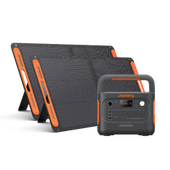



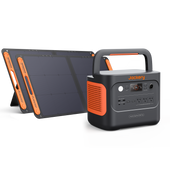

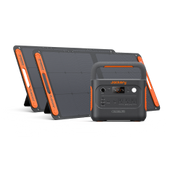
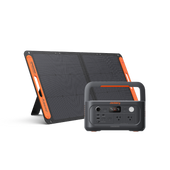
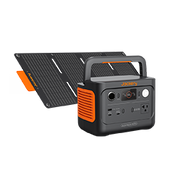
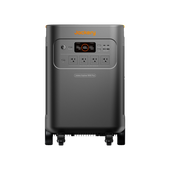

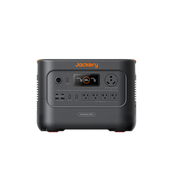
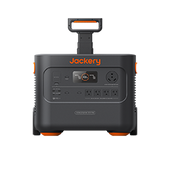
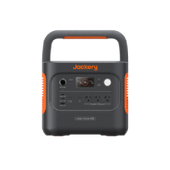
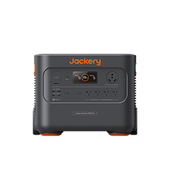

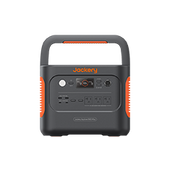
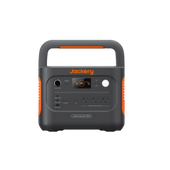
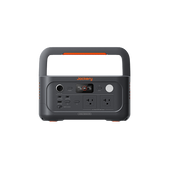

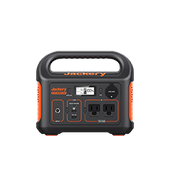
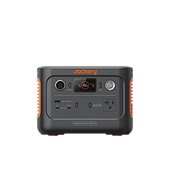
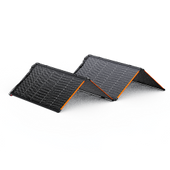
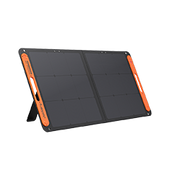

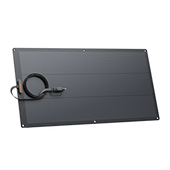
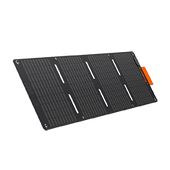
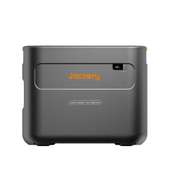
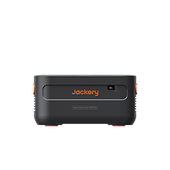
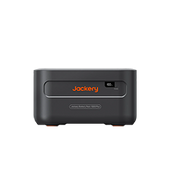
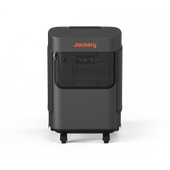
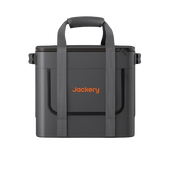
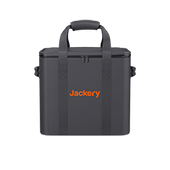
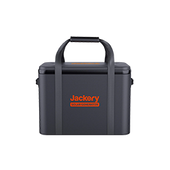
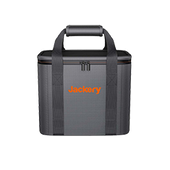
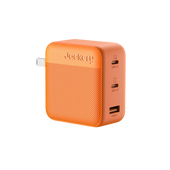
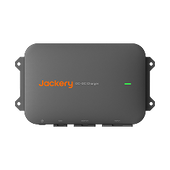
![[Add-on] Jackery Manual Transfer Switch for Explorer 5000 Plus](http://ca.jackery.com/cdn/shop/files/add-on-jackery-manual-transfer-switch-for-5000-plus-240V.webp?v=1757043692&width=170)
